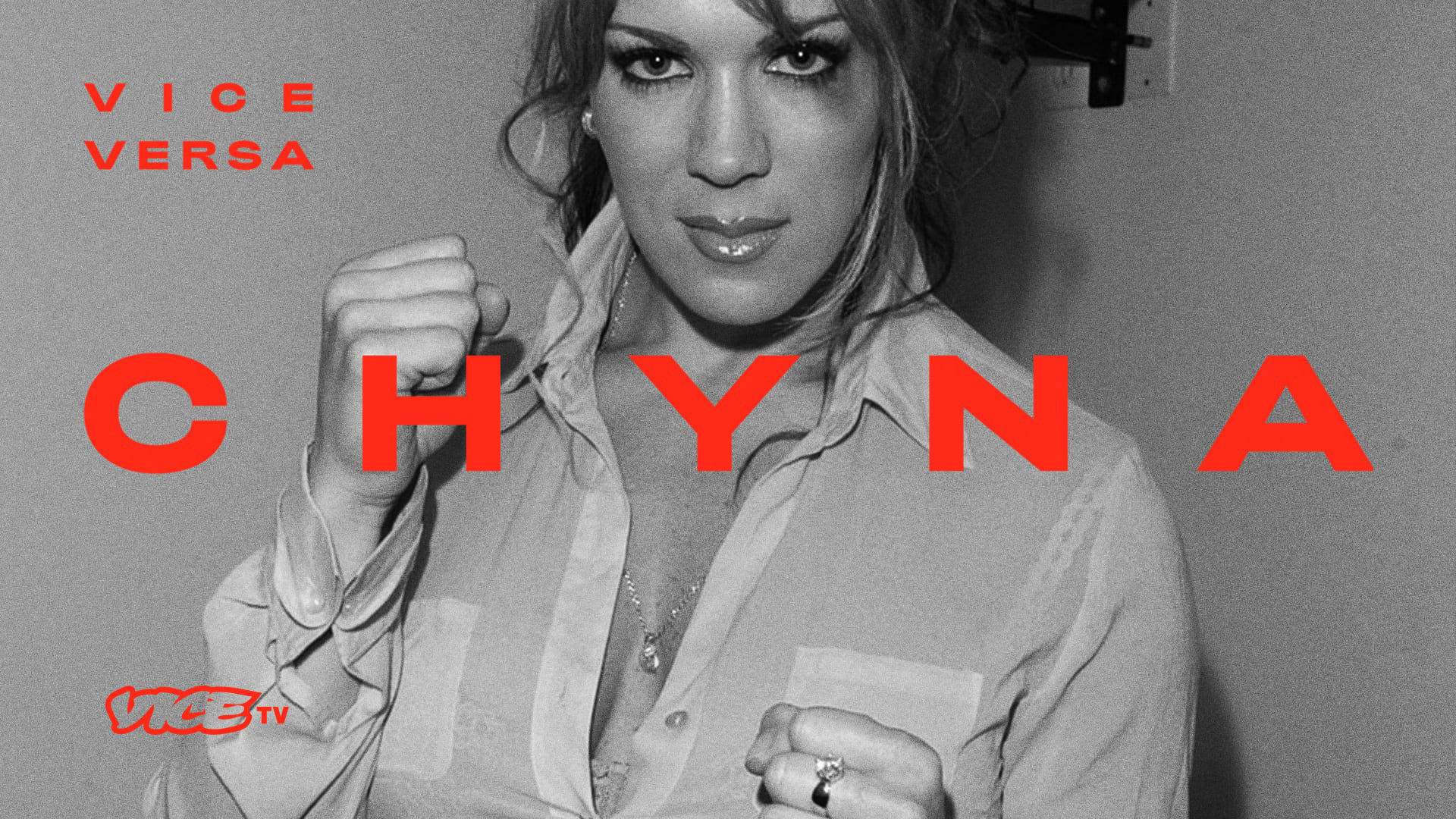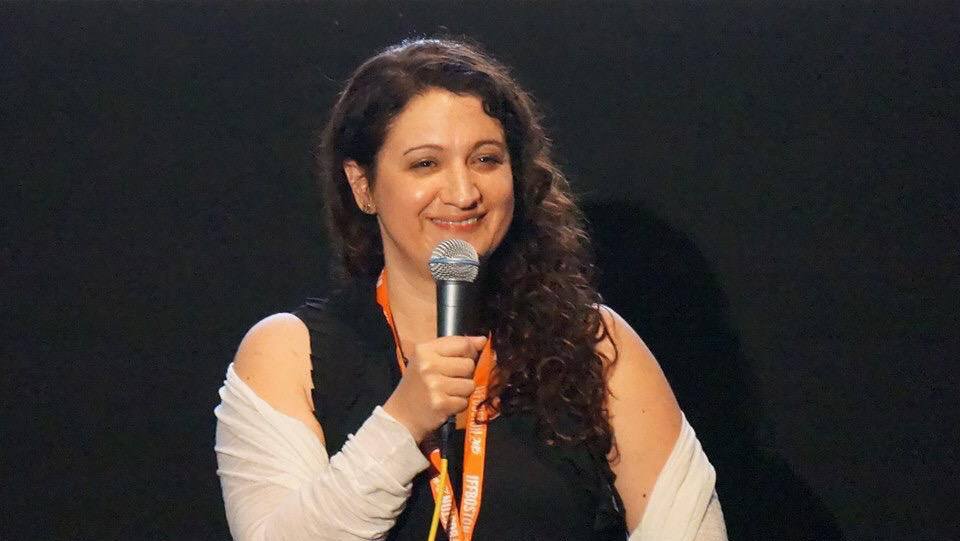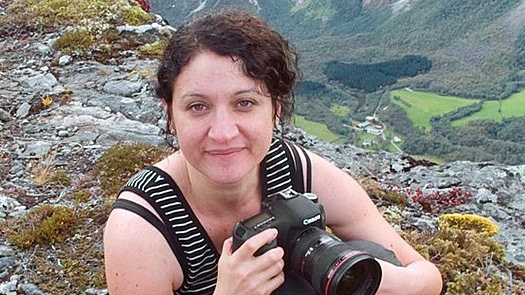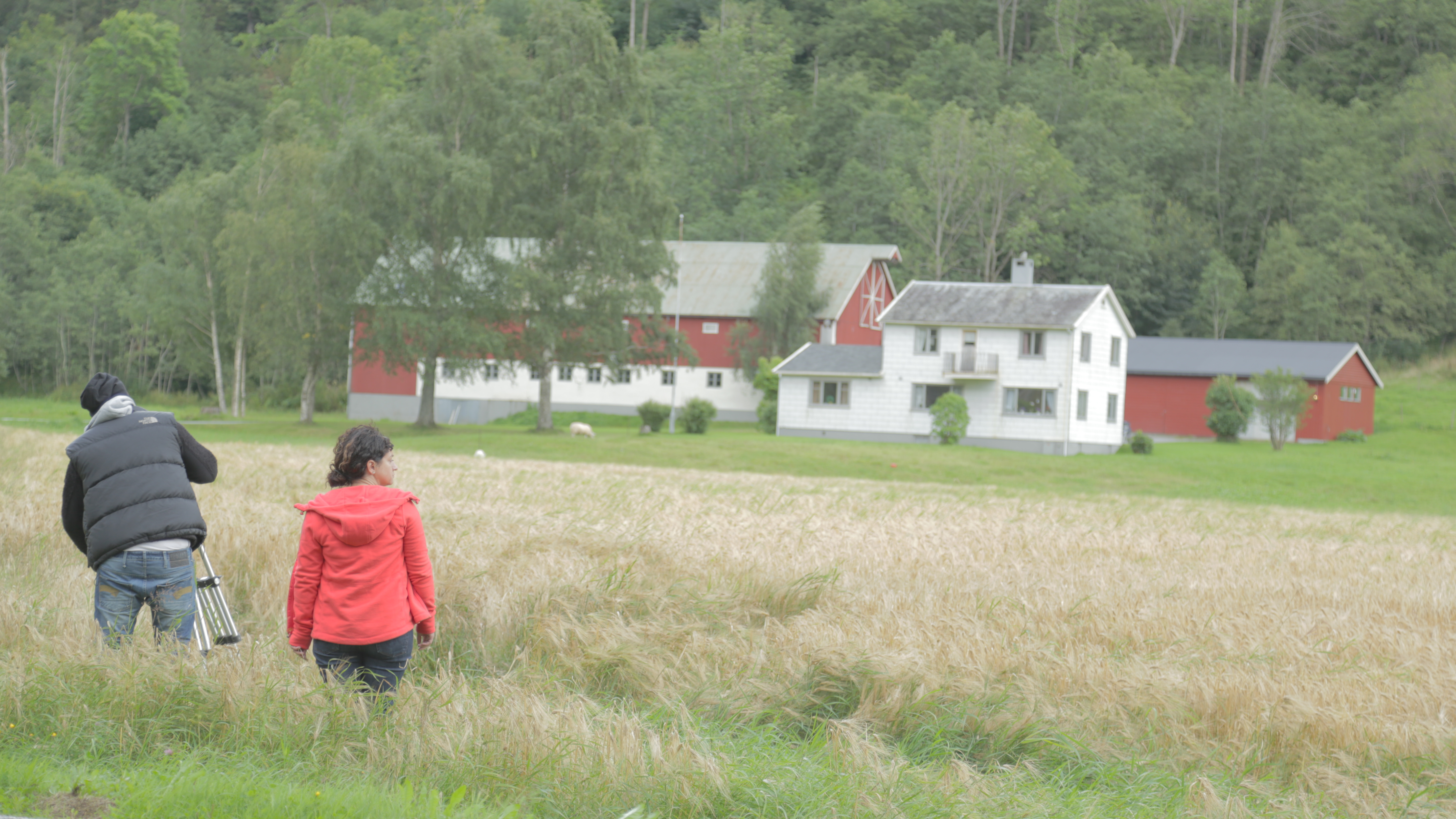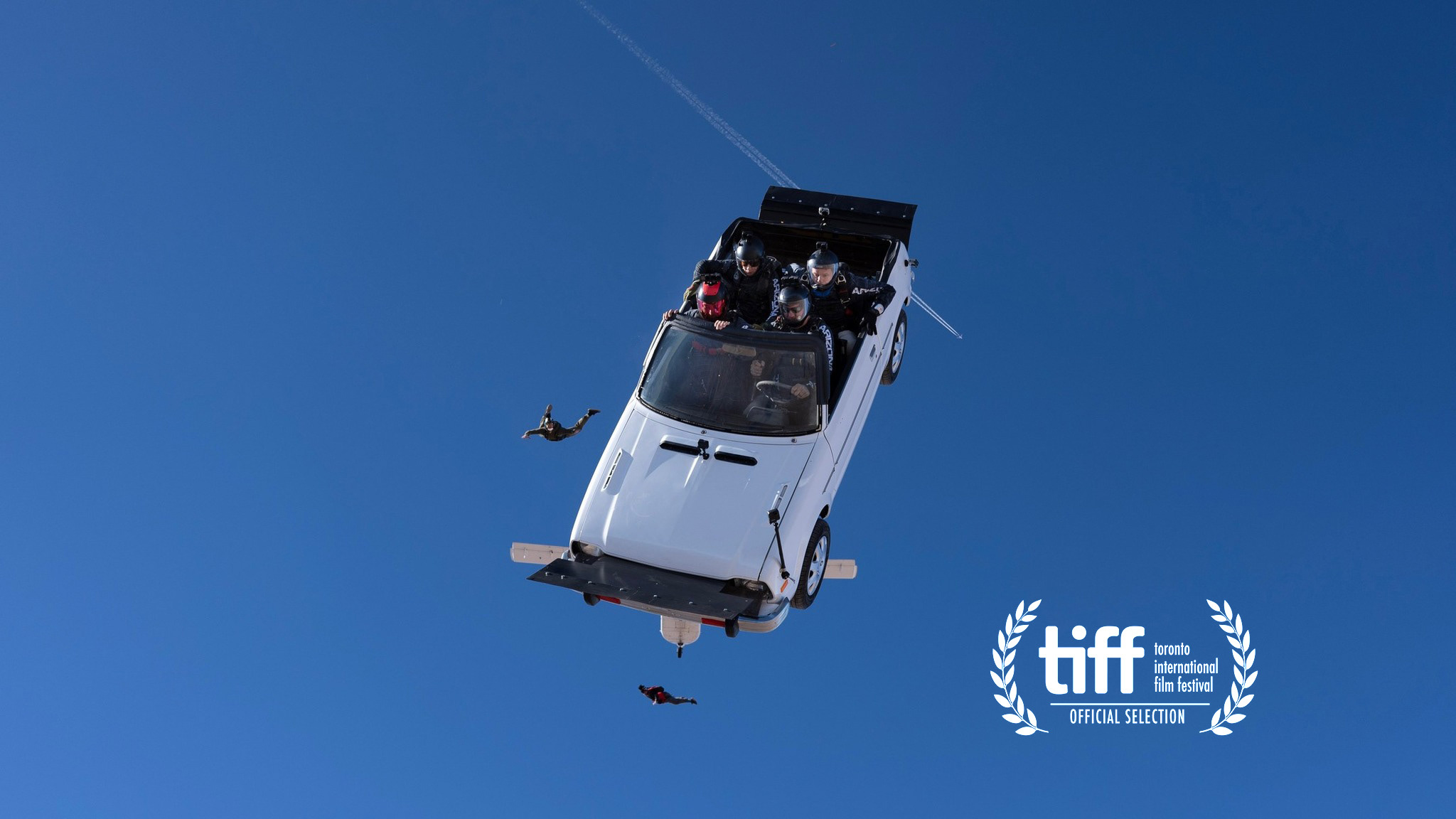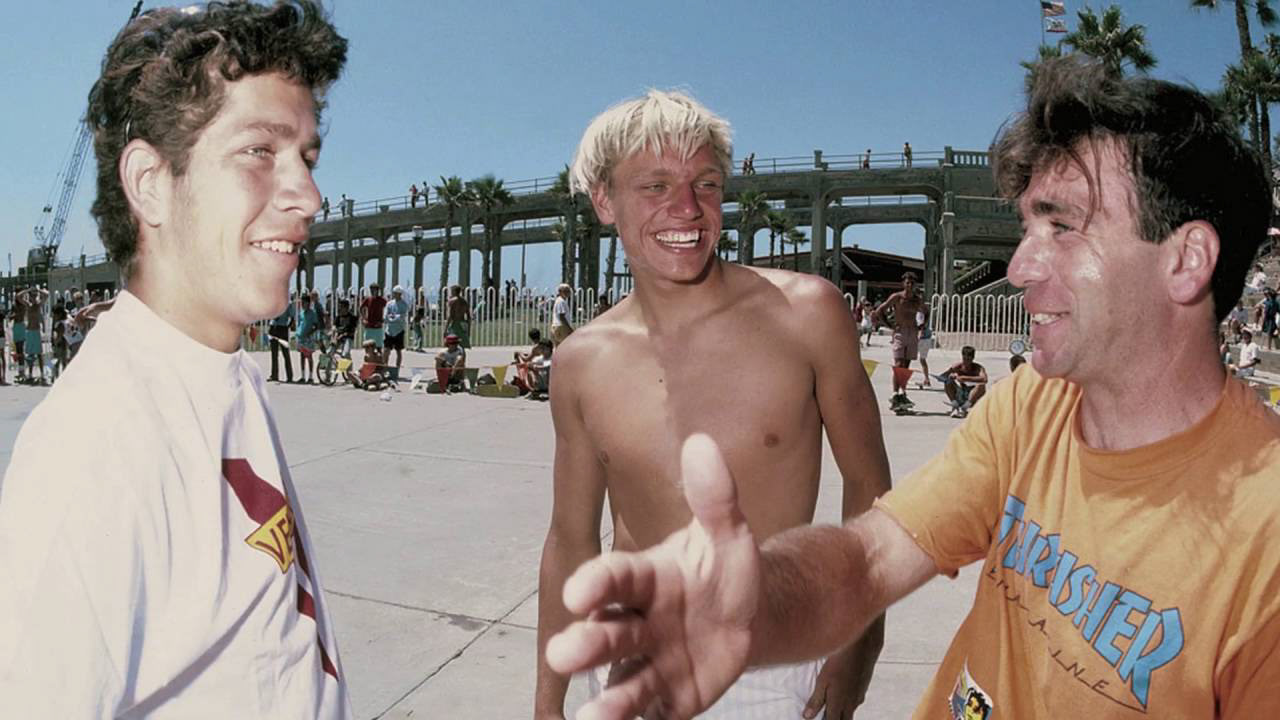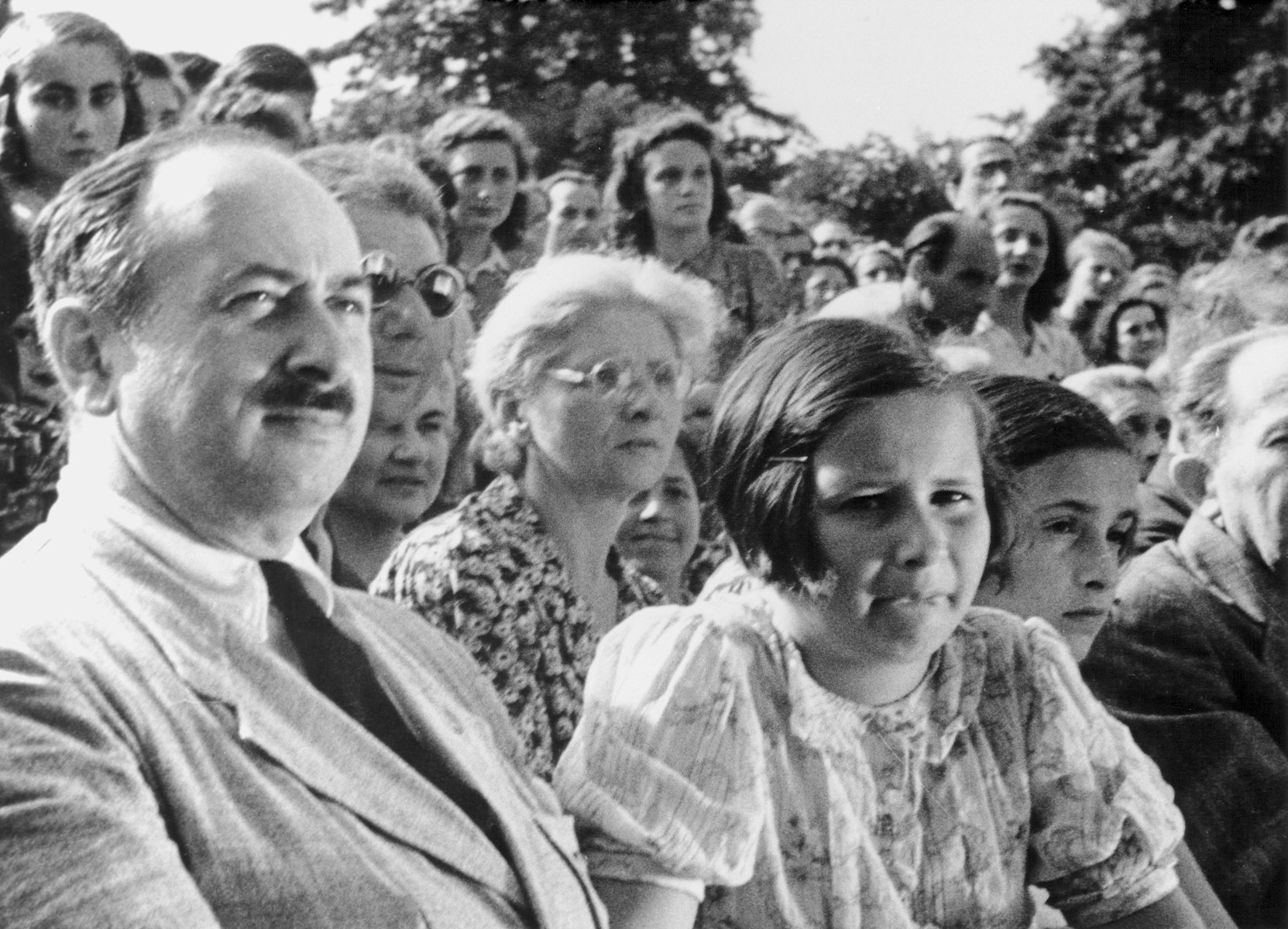
TEREZIN -documentary - in development
TEREZIN
LOGLINE
Theresienstadt was a “model” concentration camp for Jewish artists created by the Nazi regime. Terezin will be a personal investigation by the great-granddaughter of a holocaust victim. The filmmaker will seek to answer what is real and what is propaganda in the filmic archives left behind by her grandmother’s killers.
Theresienstadt was a “model” concentration camp for Jewish artists created by the Nazi regime. Terezin will be a personal investigation by the great-granddaughter of a holocaust victim. The filmmaker will seek to answer what is real and what is propaganda in the filmic archives left behind by her grandmother’s killers.
SYNOPSIS
Terezin was a concentration camp considered a “model” camp, and Hitler called it “a gift to the Jews.” The camp located in the Czech Republic displayed singing children, orchestras, and a supposed self-governed township. Jews who were artists, gay, and elderly were sent to Theresienstadt. The camp was often a waystation before prisoners were sent to Auschwitz to be killed.
Although there is no documentary filmic footage of Terezin, there is footage that was staged to look like a documentary. It was created for the U.S. Red Cross to show how well treated the Jews were by the Nazis. This was a lie. The film was called Terezin: A Documentary Film of the Jewish Resettlement or The Führer Gives the Jews a City. Some of the most heartbreaking scenes are children performing The Opera Brundibar when you know that many were killed shortly after.
The propaganda film was directed by Kurt Gerron, a famous actor in Berlin (he was in The Blue Angel with Marlene Dietrich and Mack the Knife). He was murdered along with his wife after finishing the film.
The filmmaker Marah Strauch’s Austrian great-grandmother was sent to the camp in 1941, where she quickly died of starvation. Marah will seek to understand her grandmother’s last days by giving a voice to the stories of Theresienstadt.
Marah’s father rarely spoke about being from a Jewish background and having Jewish relatives who died in the holocaust until recently, when she and her father sought renewed Austrian citizenship.
We will ask questions about propaganda during Hitler’s time, fake news, and antisemitism that exists and is proliferating. We will work to separate truth from fiction created by the Nazis.
Can we heal by revisiting and investigating our past?
Terezin was a concentration camp considered a “model” camp, and Hitler called it “a gift to the Jews.” The camp located in the Czech Republic displayed singing children, orchestras, and a supposed self-governed township. Jews who were artists, gay, and elderly were sent to Theresienstadt. The camp was often a waystation before prisoners were sent to Auschwitz to be killed.
Although there is no documentary filmic footage of Terezin, there is footage that was staged to look like a documentary. It was created for the U.S. Red Cross to show how well treated the Jews were by the Nazis. This was a lie. The film was called Terezin: A Documentary Film of the Jewish Resettlement or The Führer Gives the Jews a City. Some of the most heartbreaking scenes are children performing The Opera Brundibar when you know that many were killed shortly after.
The propaganda film was directed by Kurt Gerron, a famous actor in Berlin (he was in The Blue Angel with Marlene Dietrich and Mack the Knife). He was murdered along with his wife after finishing the film.
The filmmaker Marah Strauch’s Austrian great-grandmother was sent to the camp in 1941, where she quickly died of starvation. Marah will seek to understand her grandmother’s last days by giving a voice to the stories of Theresienstadt.
Marah’s father rarely spoke about being from a Jewish background and having Jewish relatives who died in the holocaust until recently, when she and her father sought renewed Austrian citizenship.
We will ask questions about propaganda during Hitler’s time, fake news, and antisemitism that exists and is proliferating. We will work to separate truth from fiction created by the Nazis.
Can we heal by revisiting and investigating our past?
HIGHSMITH
Executive Produced by Elizabeth Karlsen, Philipp Keel
Directed by Marah Strauch
Produced by Eric Bruggemann and Marah Strauch
Cinematographer Tony Johannson.
PATRICIA HIGHSMITH: an antihero, a woman, a lesbian, a misogynist, an atheist, a lover, a hater, and one of the most influential writers of the 20th century.
“Obsessions are the only things that matter.”
- PATRICIA HIGHSMITH
MORE COMING SOON

